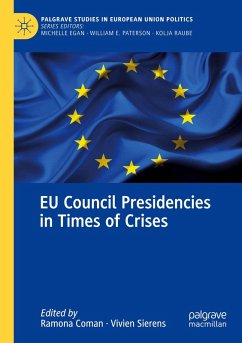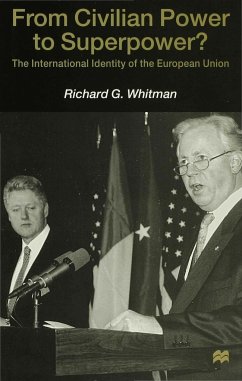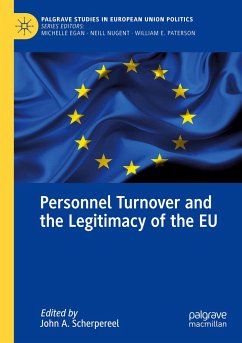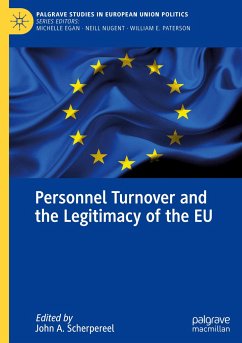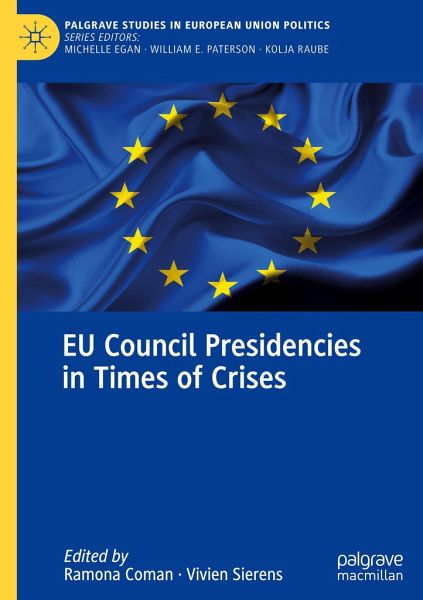
EU Council Presidencies in Times of Crises

PAYBACK Punkte
49 °P sammeln!
The Council of the EU is a powerful institution whose centrality has been challenged by the Treaty of Lisbon. More than ten years after this major institutional revision, this book examines its role within the EU political regime and its interactions with other institutions. It explores how the Council Presidency has navigated major crises over the past decade and addressed internal challenges. The various chapters discuss key timely questions: How has the relationship between the Council and the European Council evolved over time? To what extent have the recent crises reshaped the relationshi...
The Council of the EU is a powerful institution whose centrality has been challenged by the Treaty of Lisbon. More than ten years after this major institutional revision, this book examines its role within the EU political regime and its interactions with other institutions. It explores how the Council Presidency has navigated major crises over the past decade and addressed internal challenges. The various chapters discuss key timely questions: How has the relationship between the Council and the European Council evolved over time? To what extent have the recent crises reshaped the relationship between the Council and the European Parliament, as well as its interactions with the Commission? Is the Council Presidency still a powerful mediator? What are its internal challenges? What are the prospects for the rotating presidency system?





